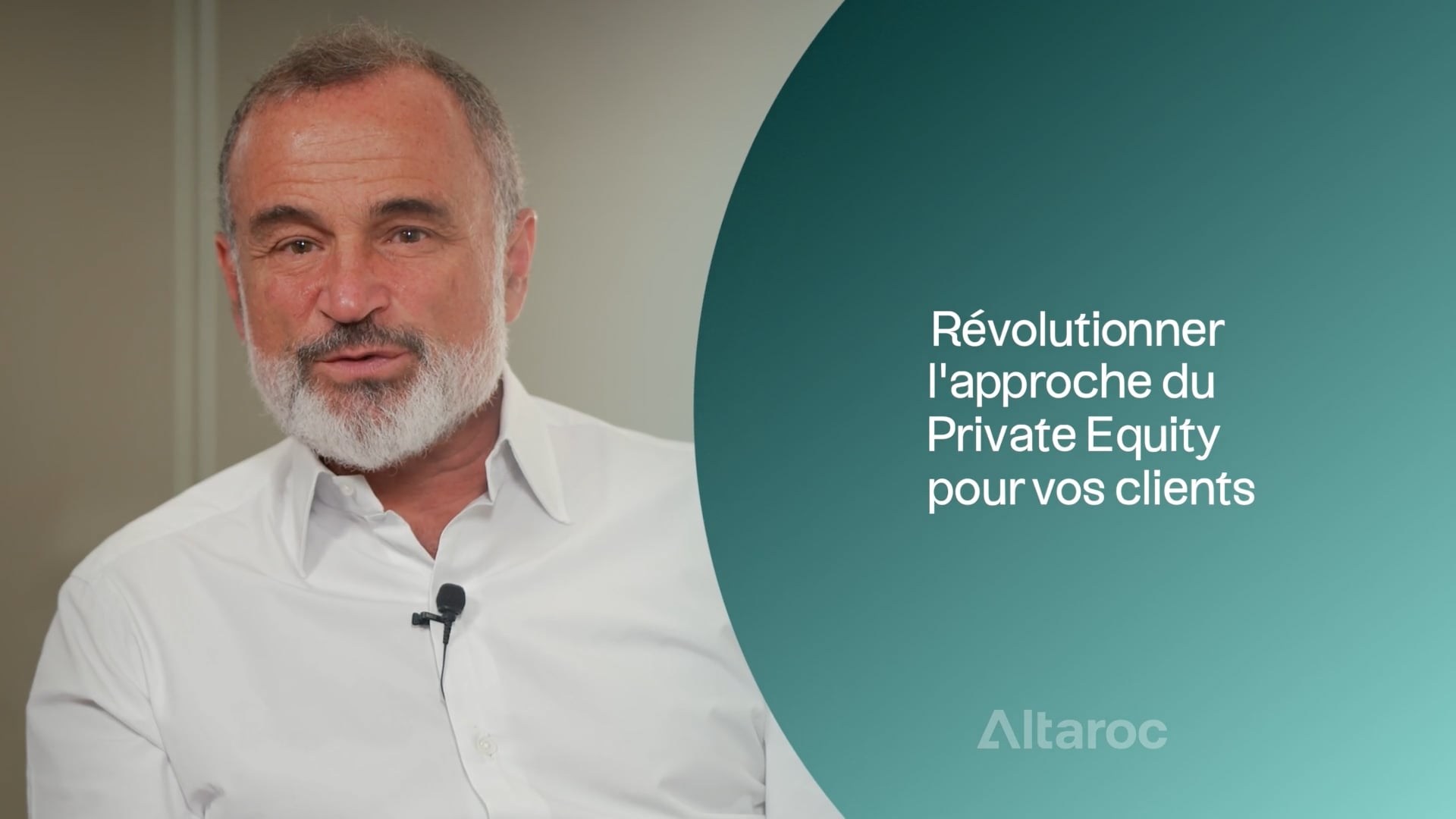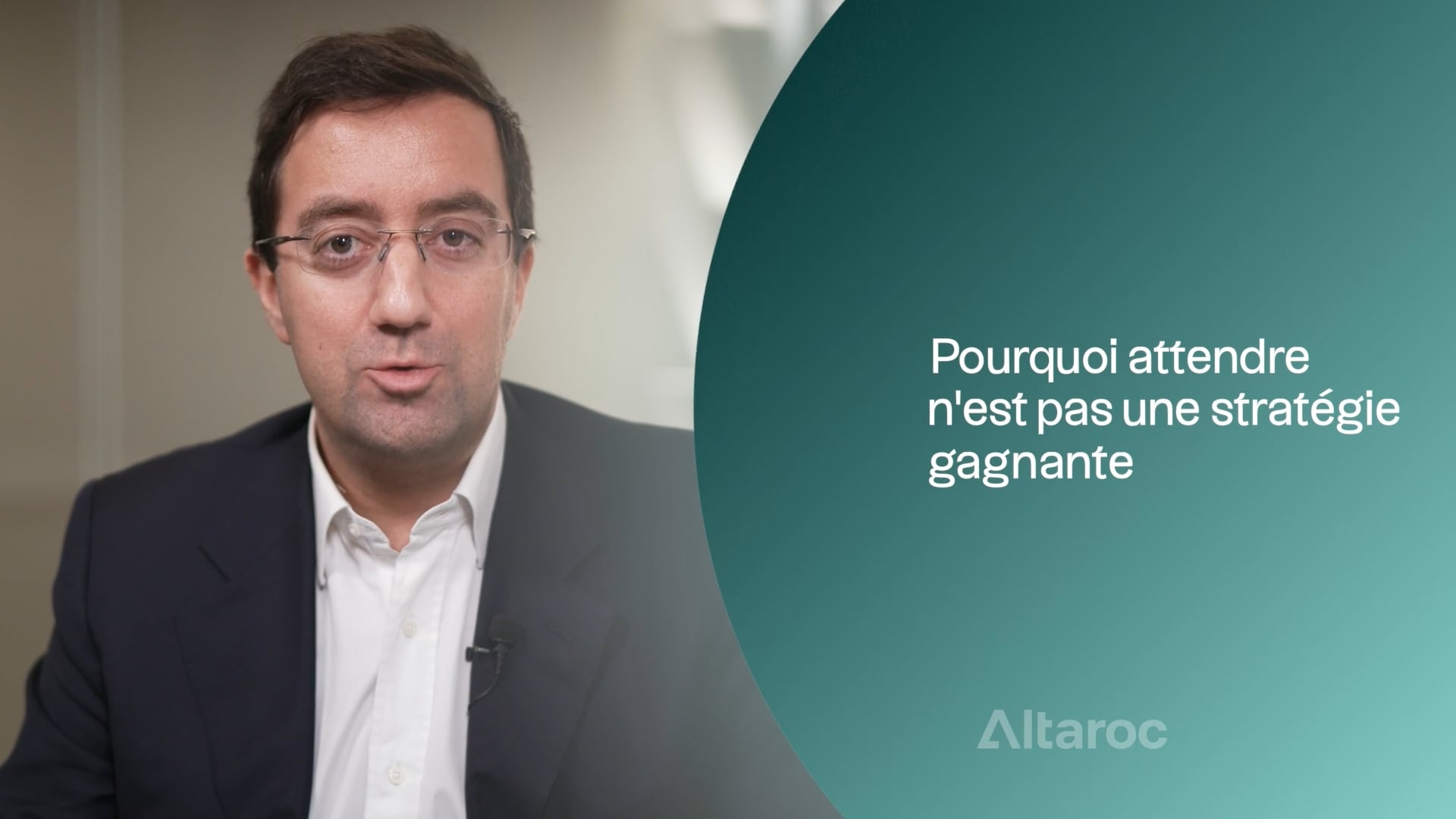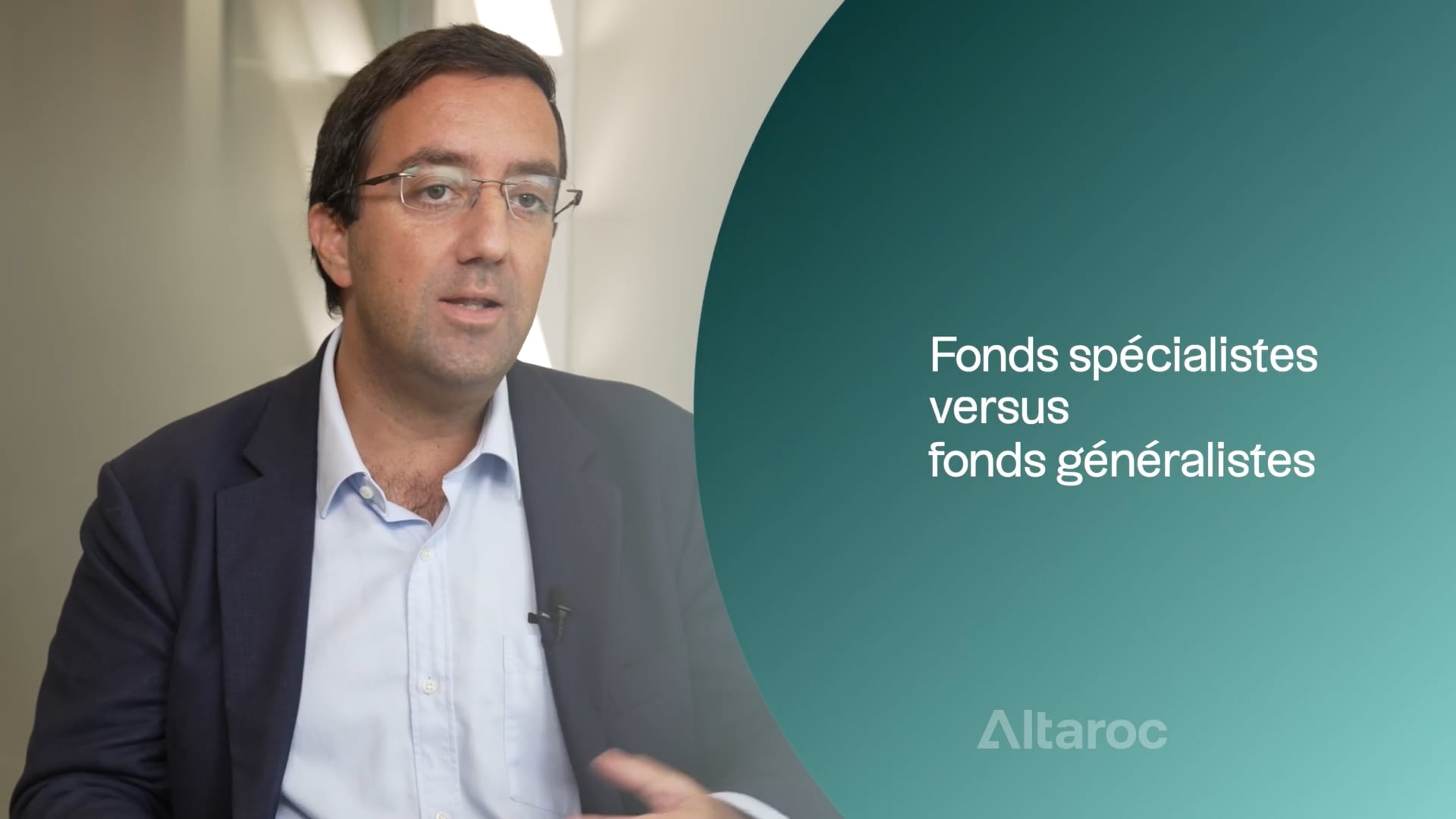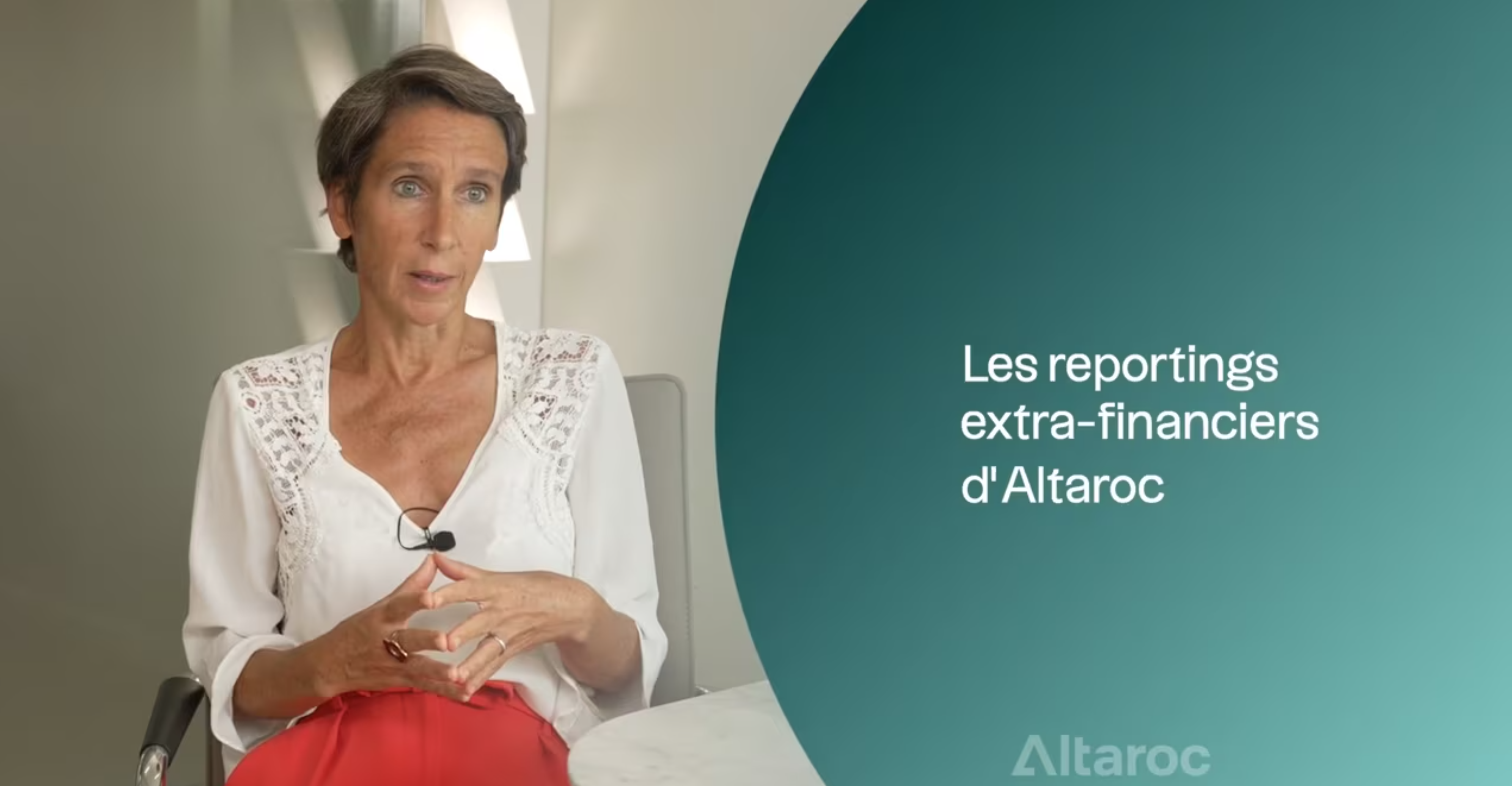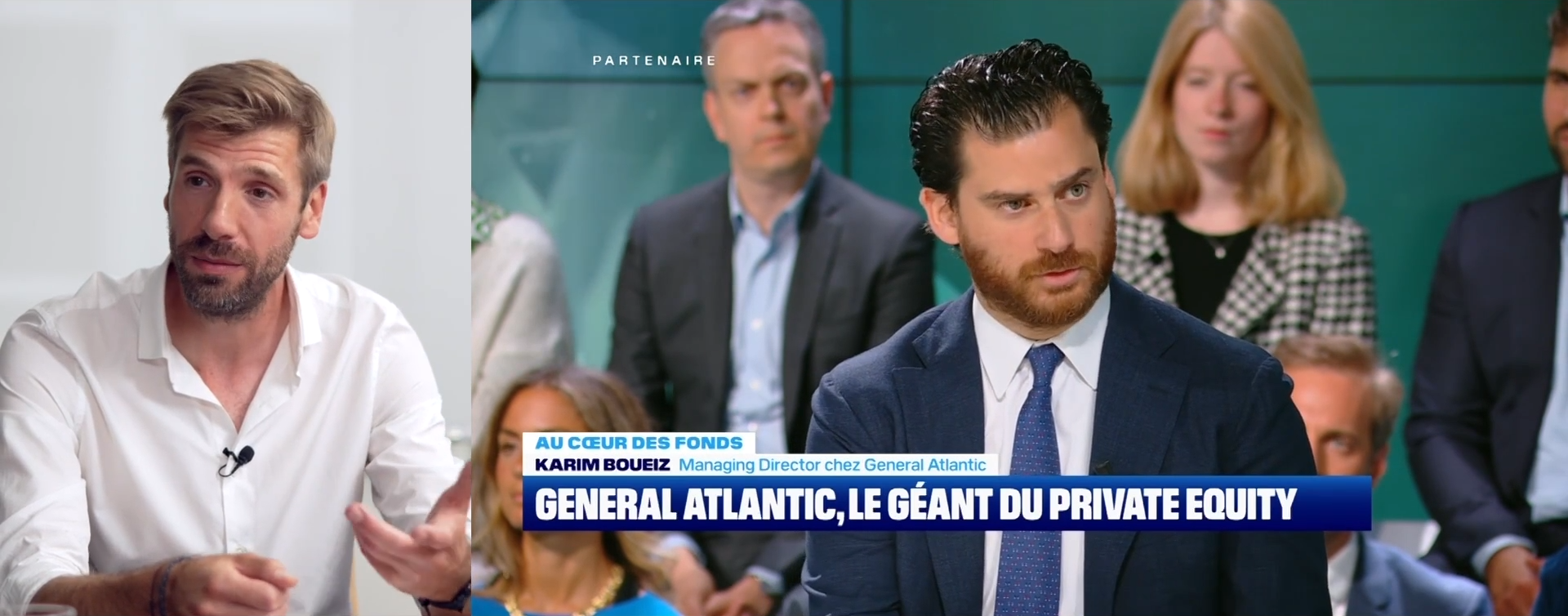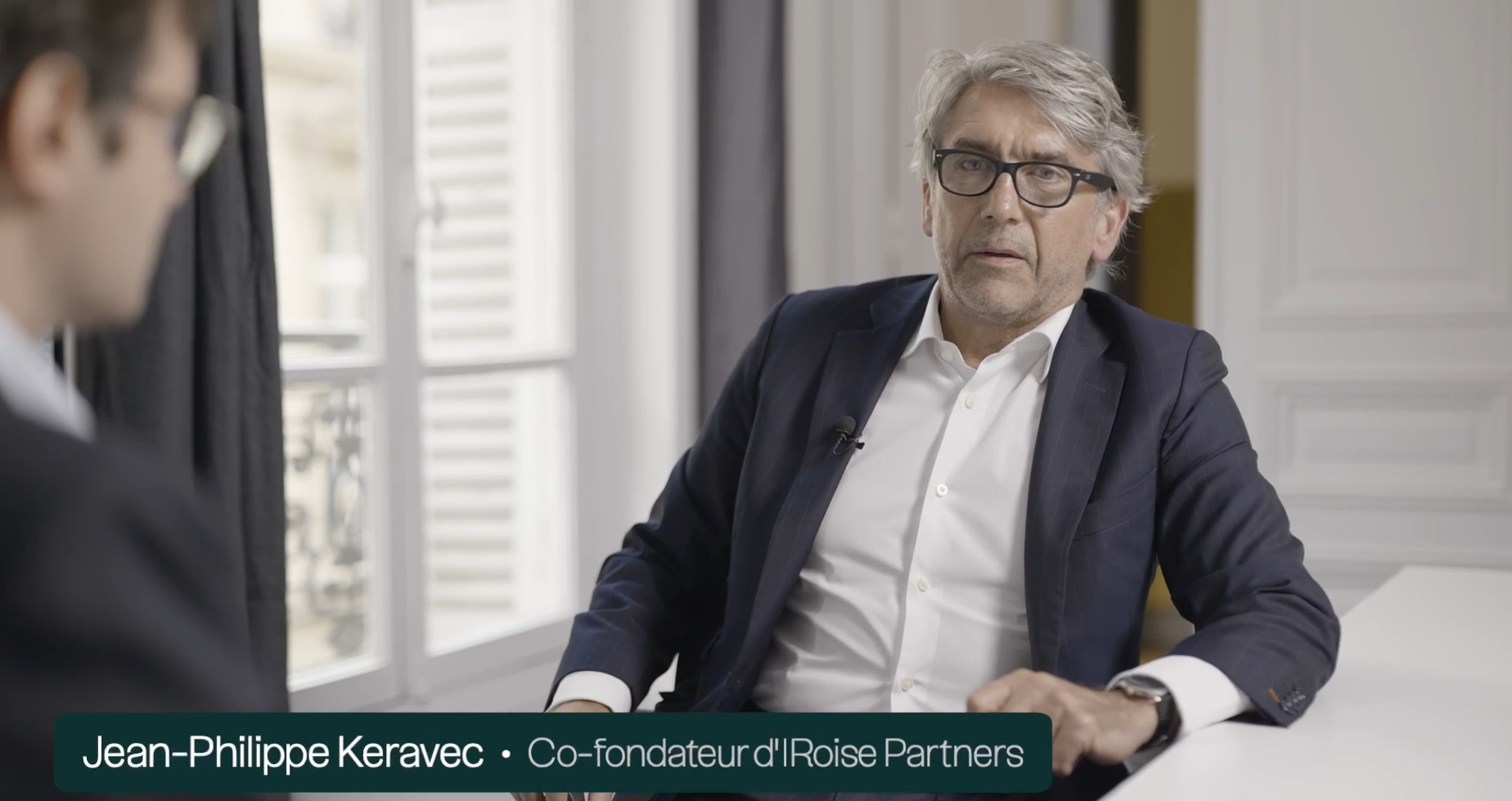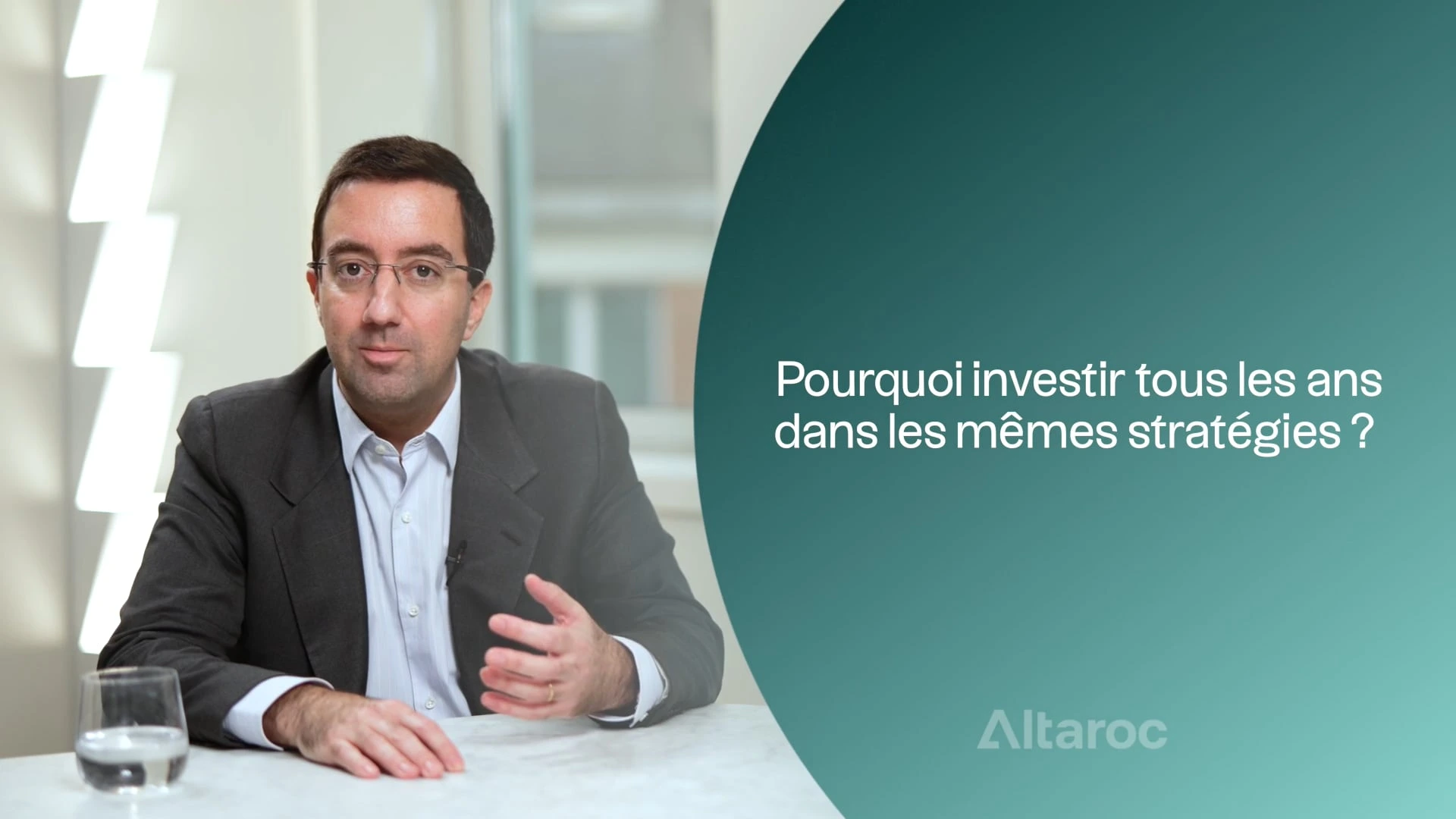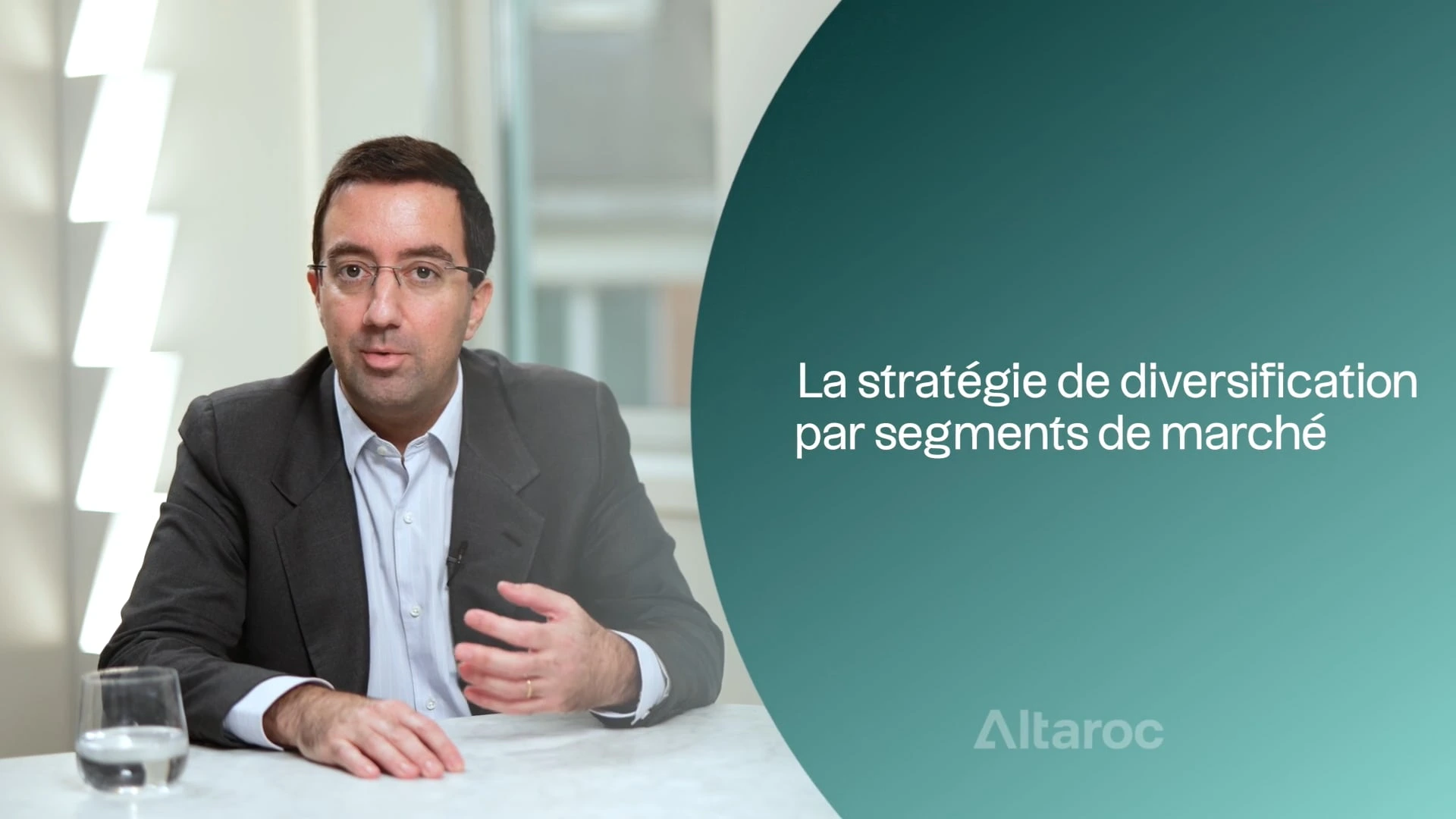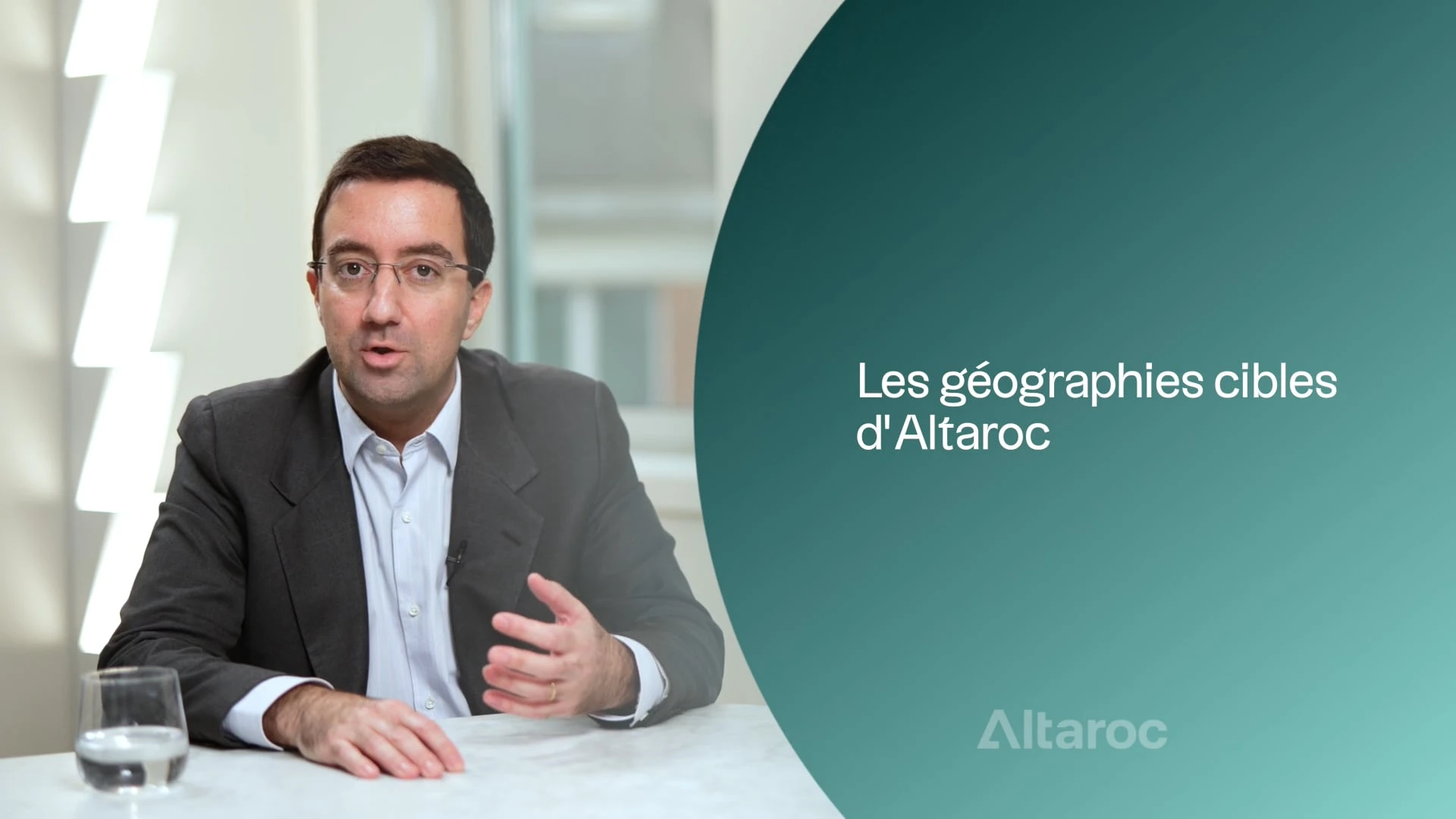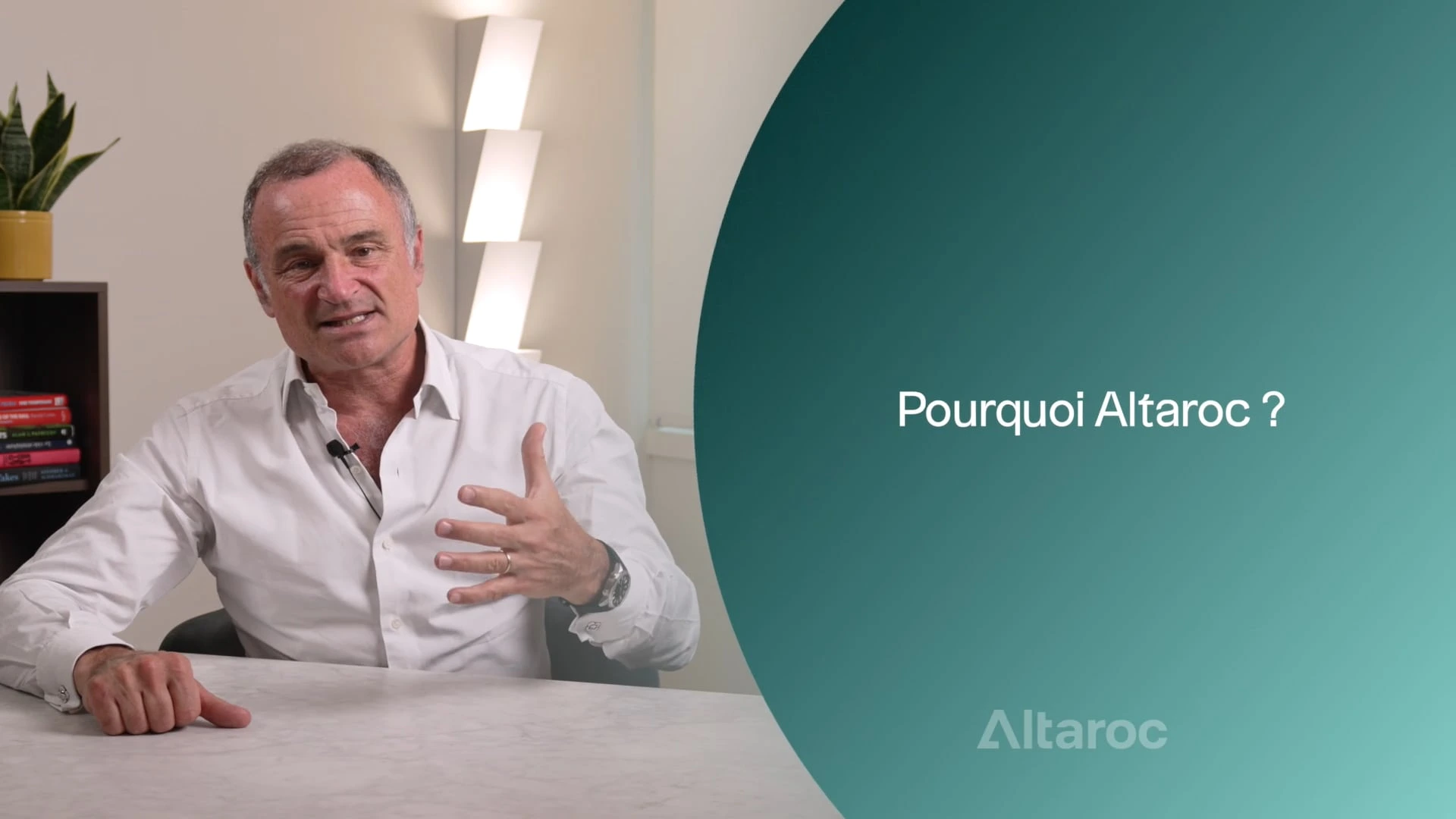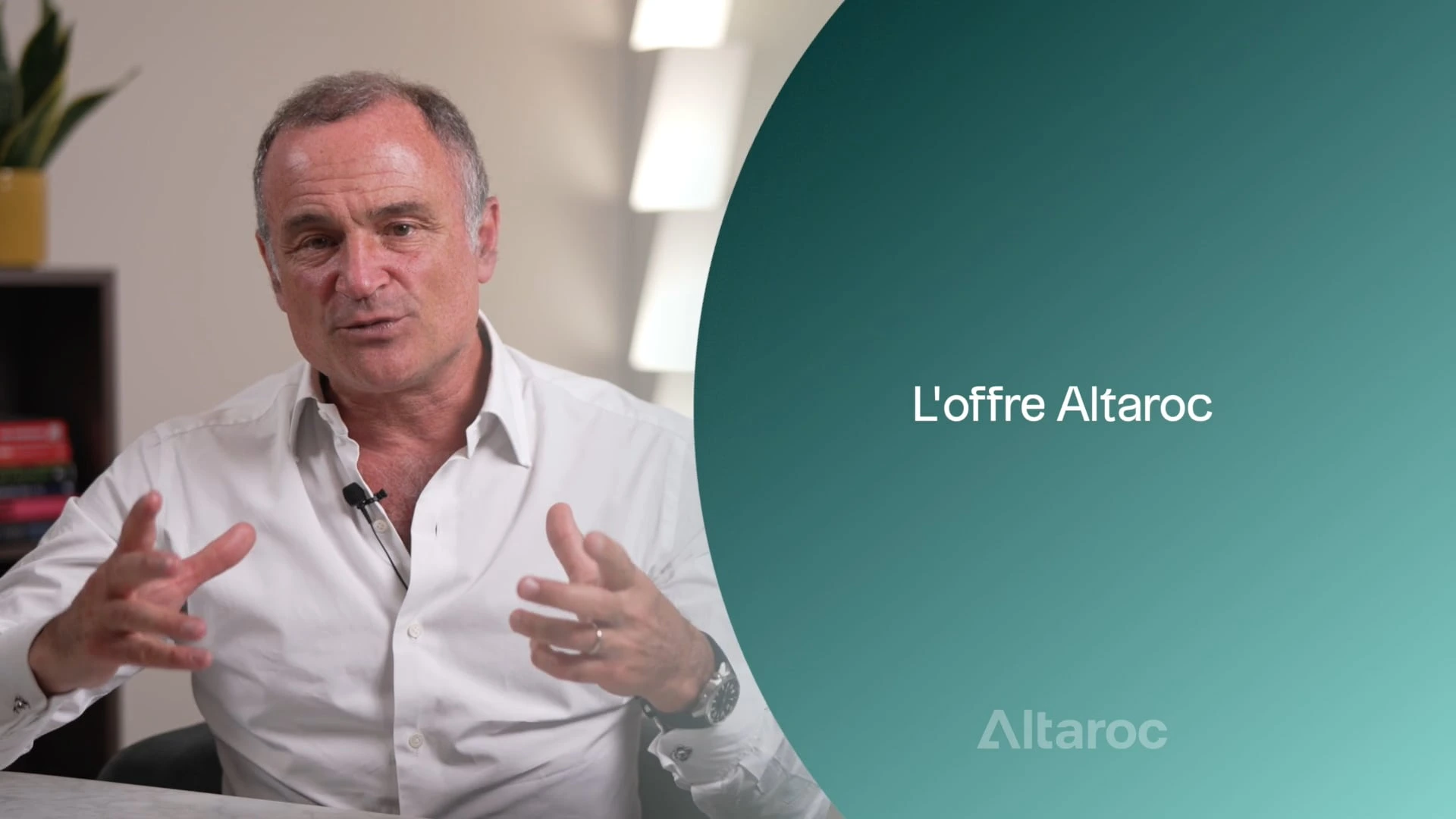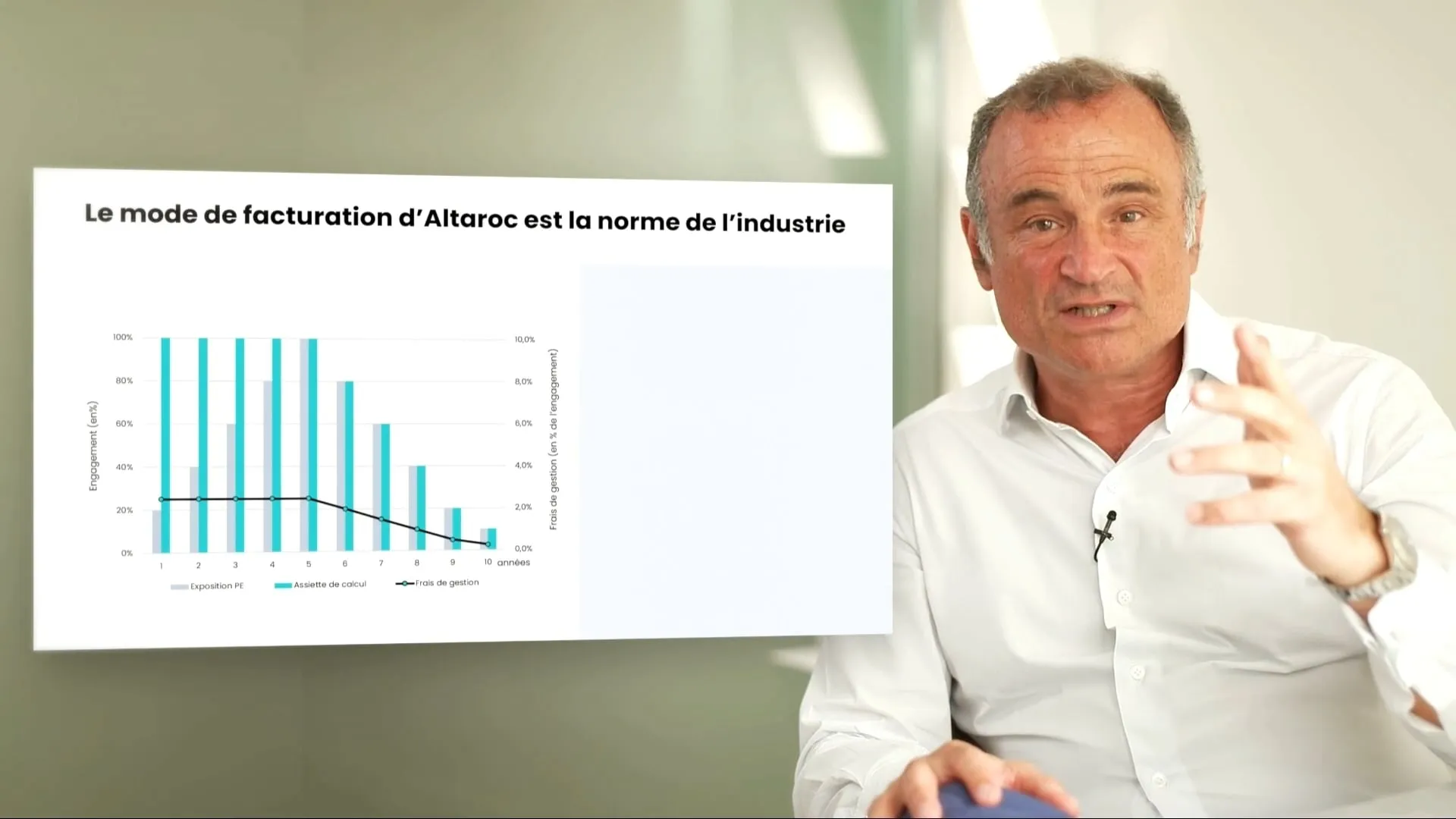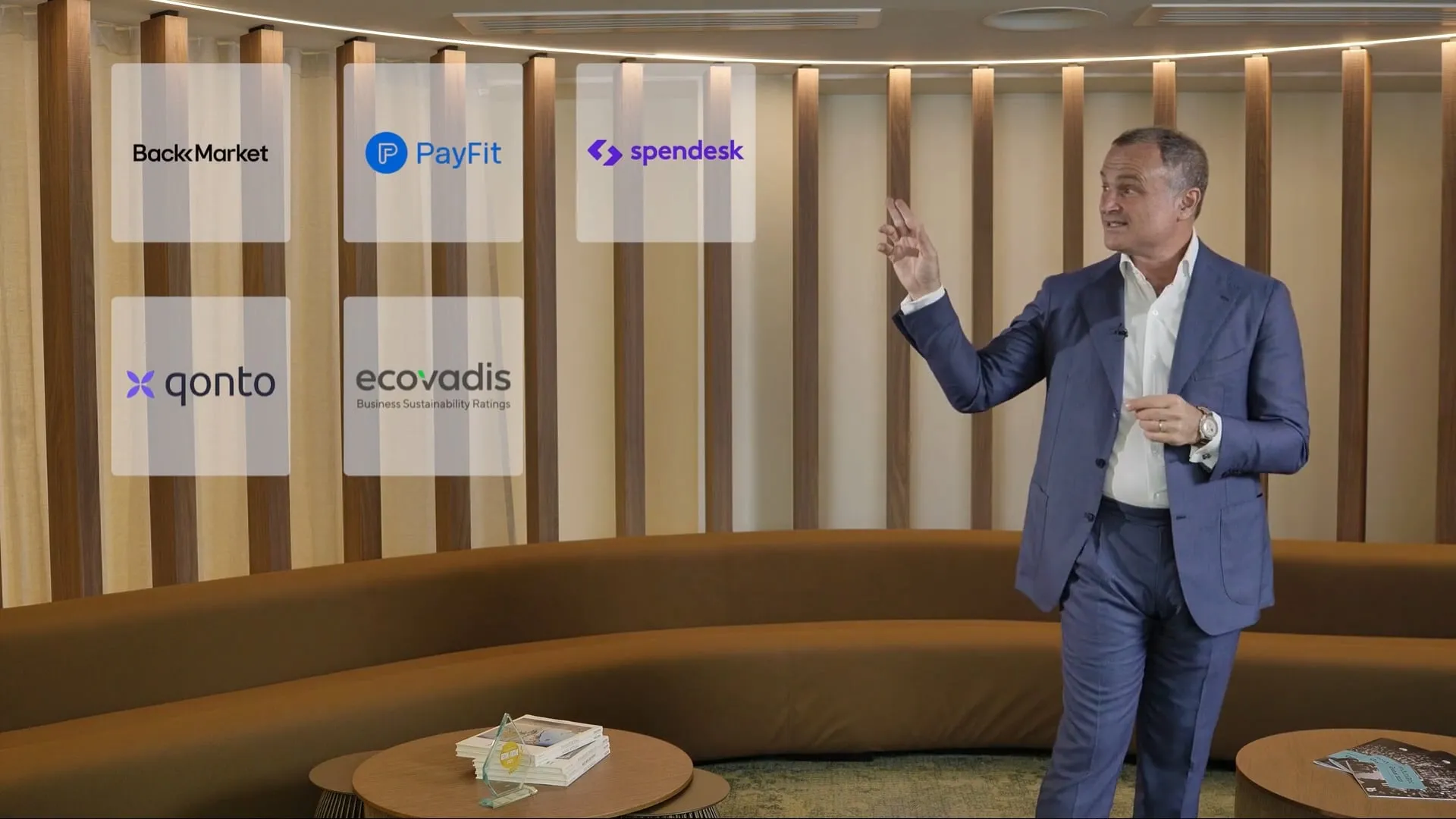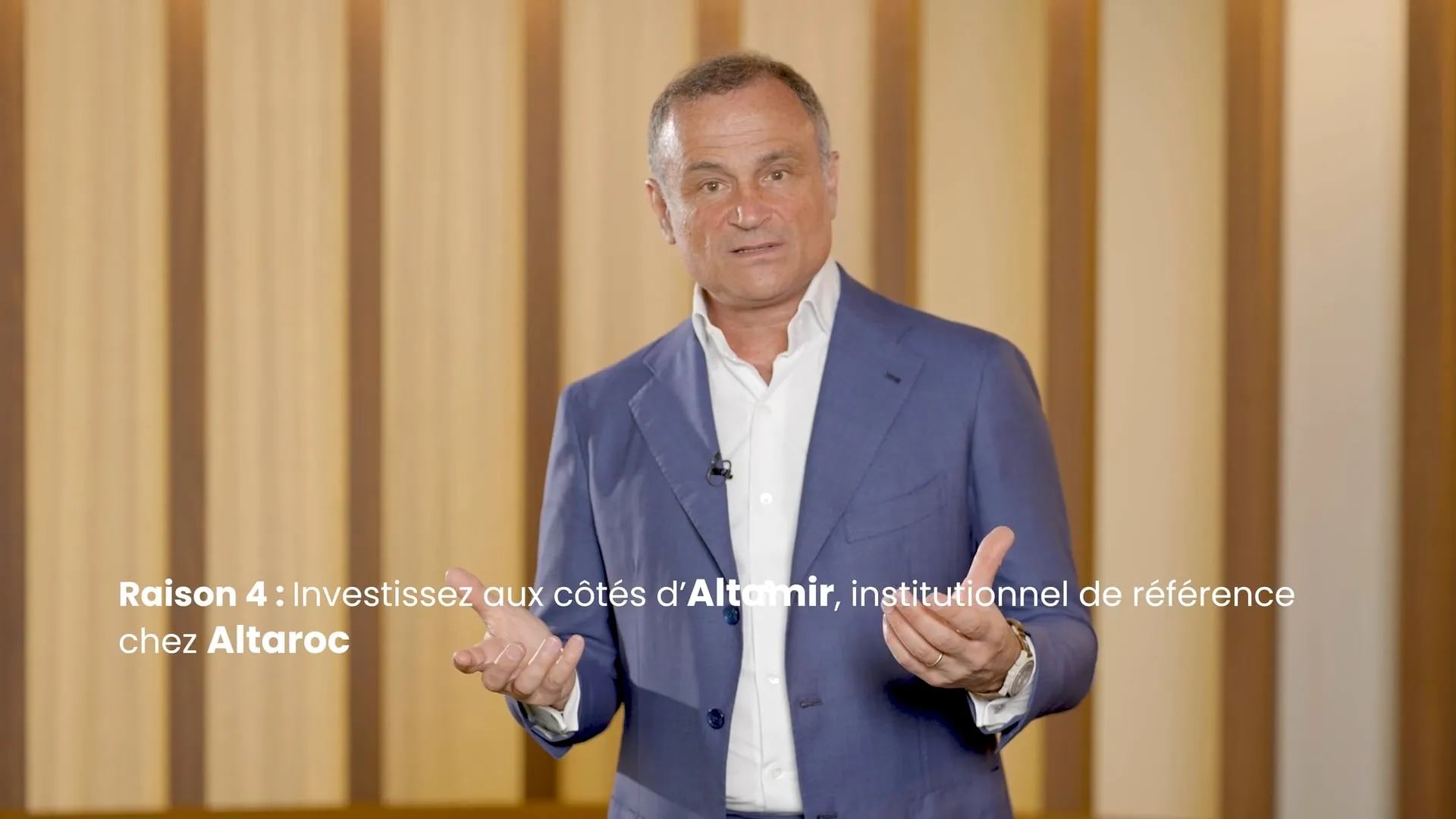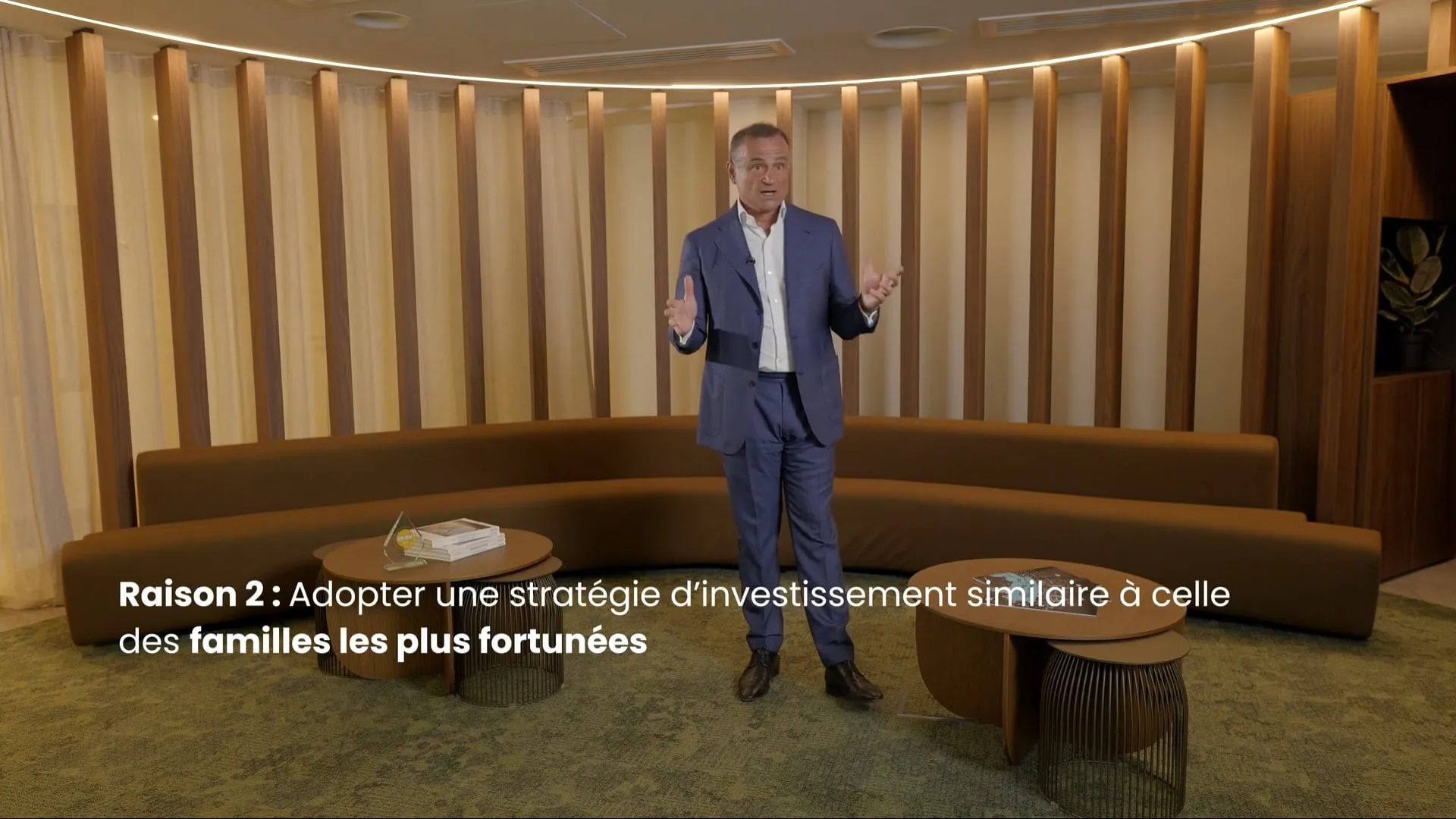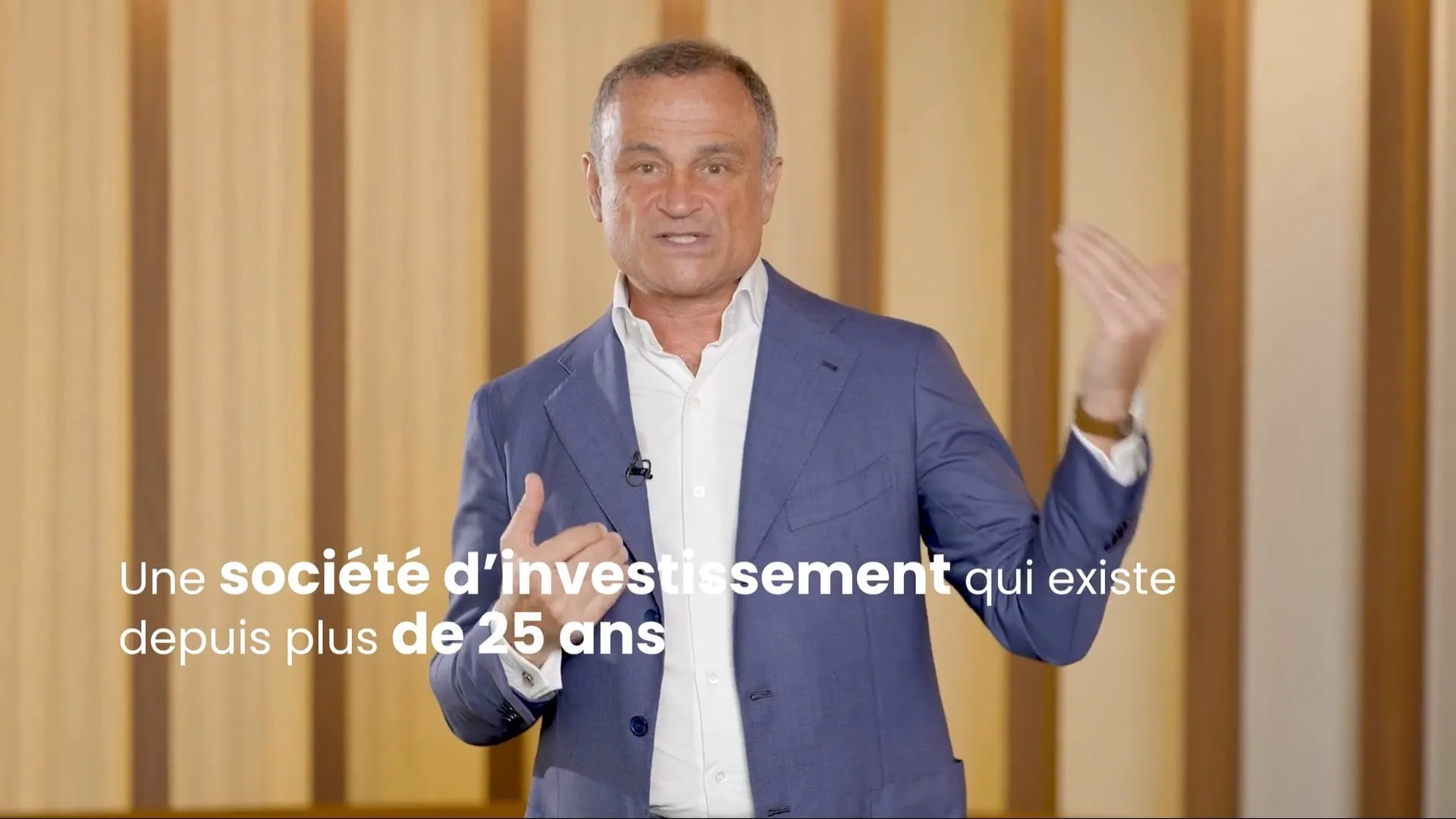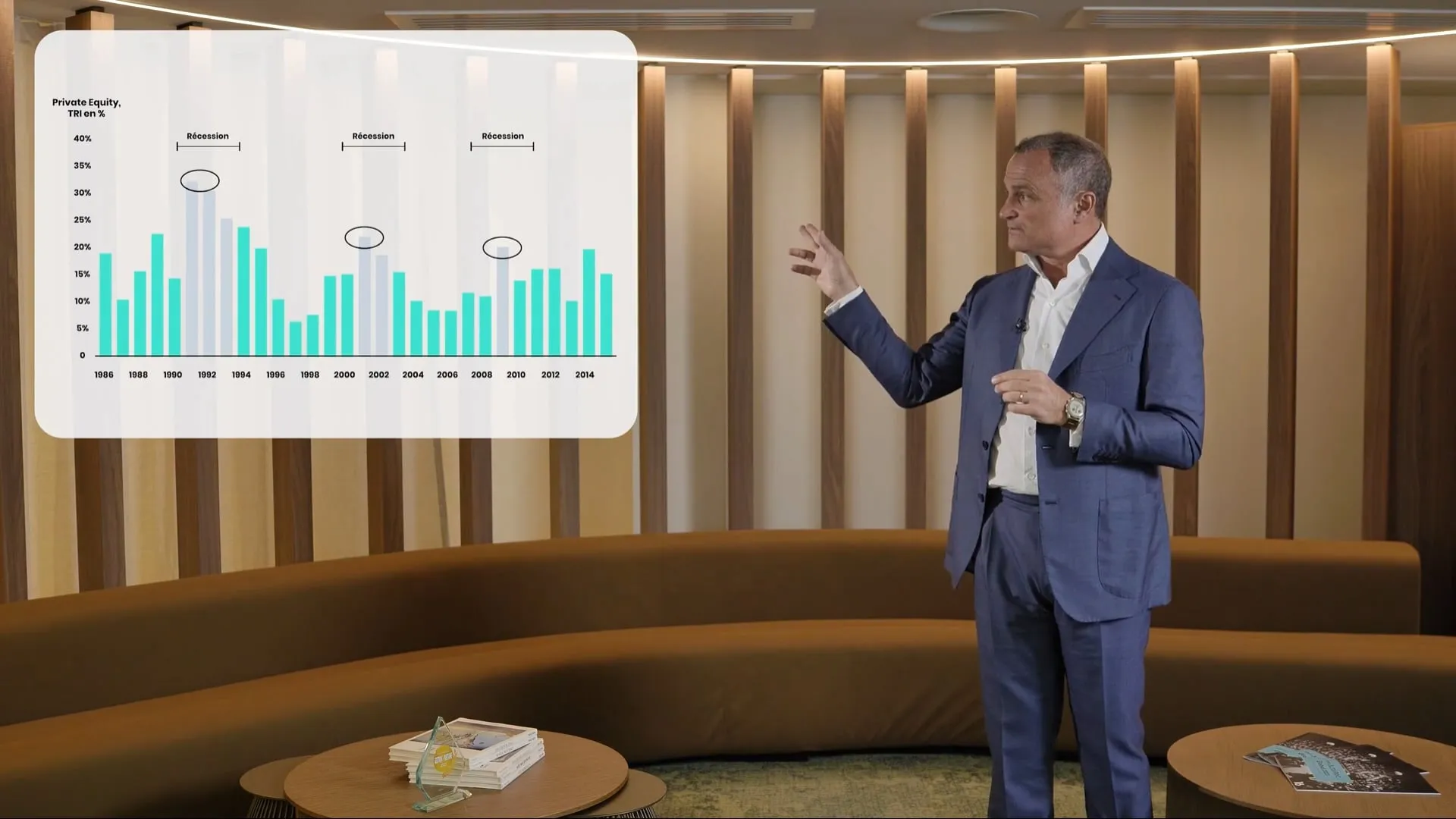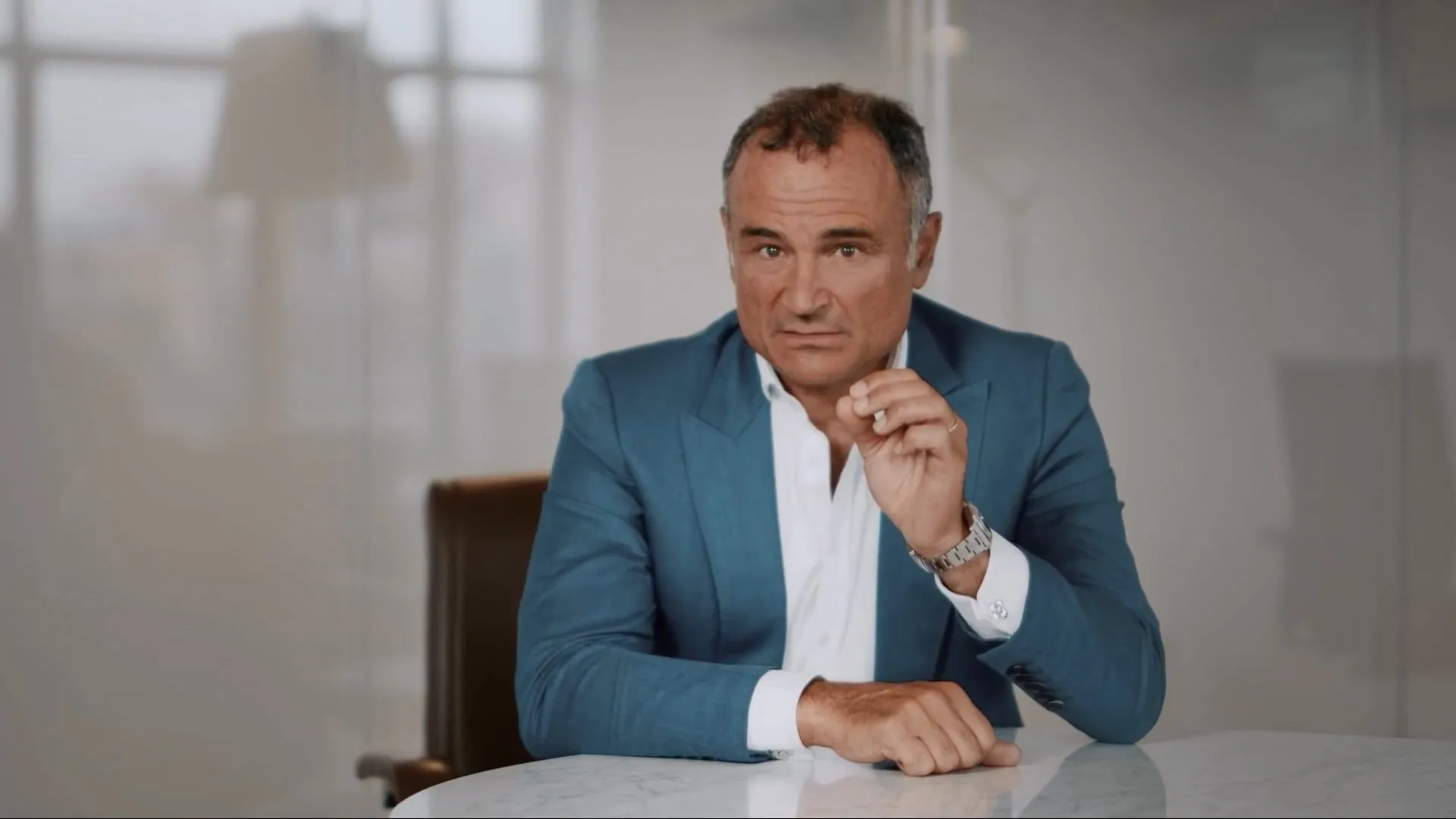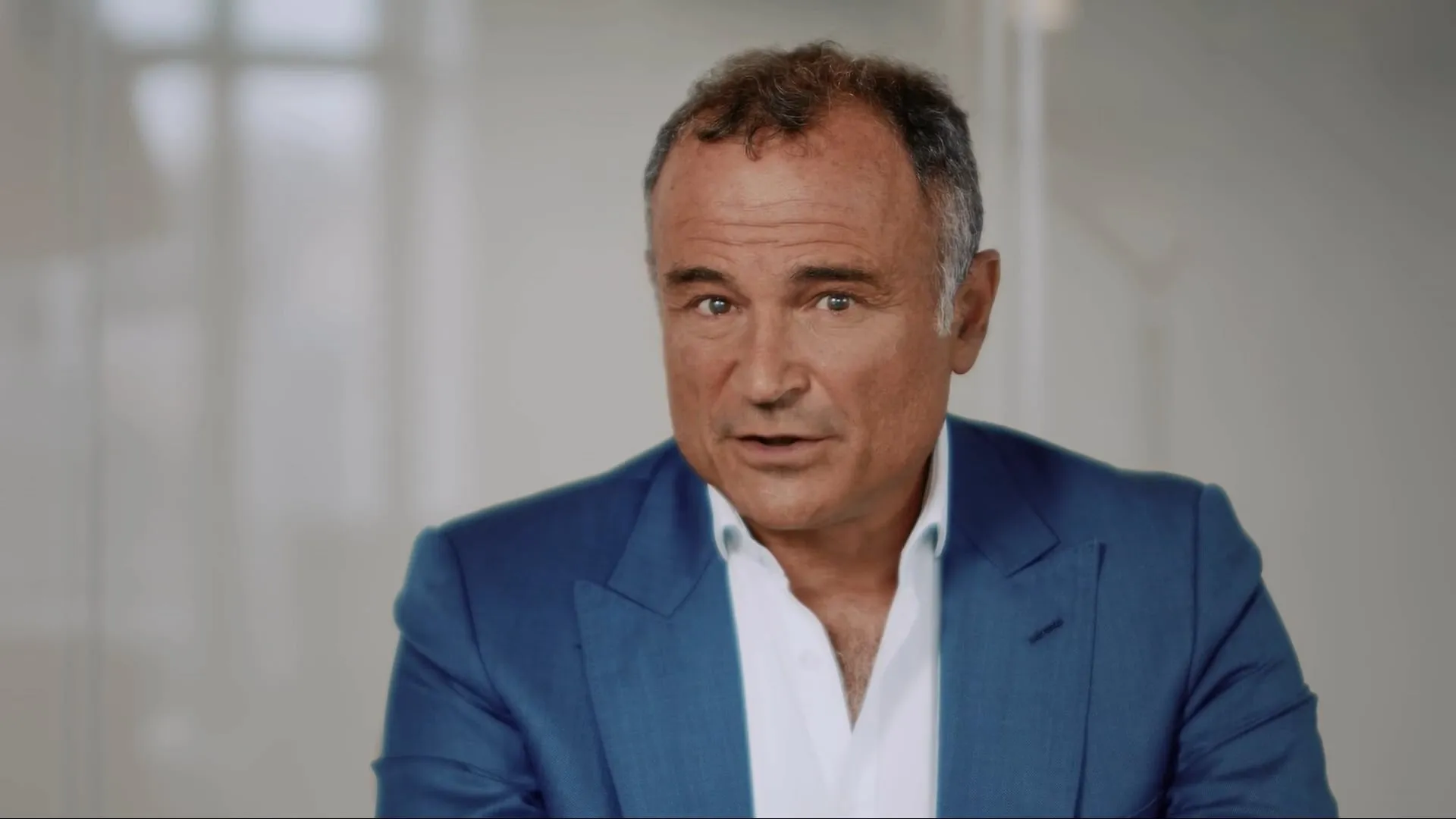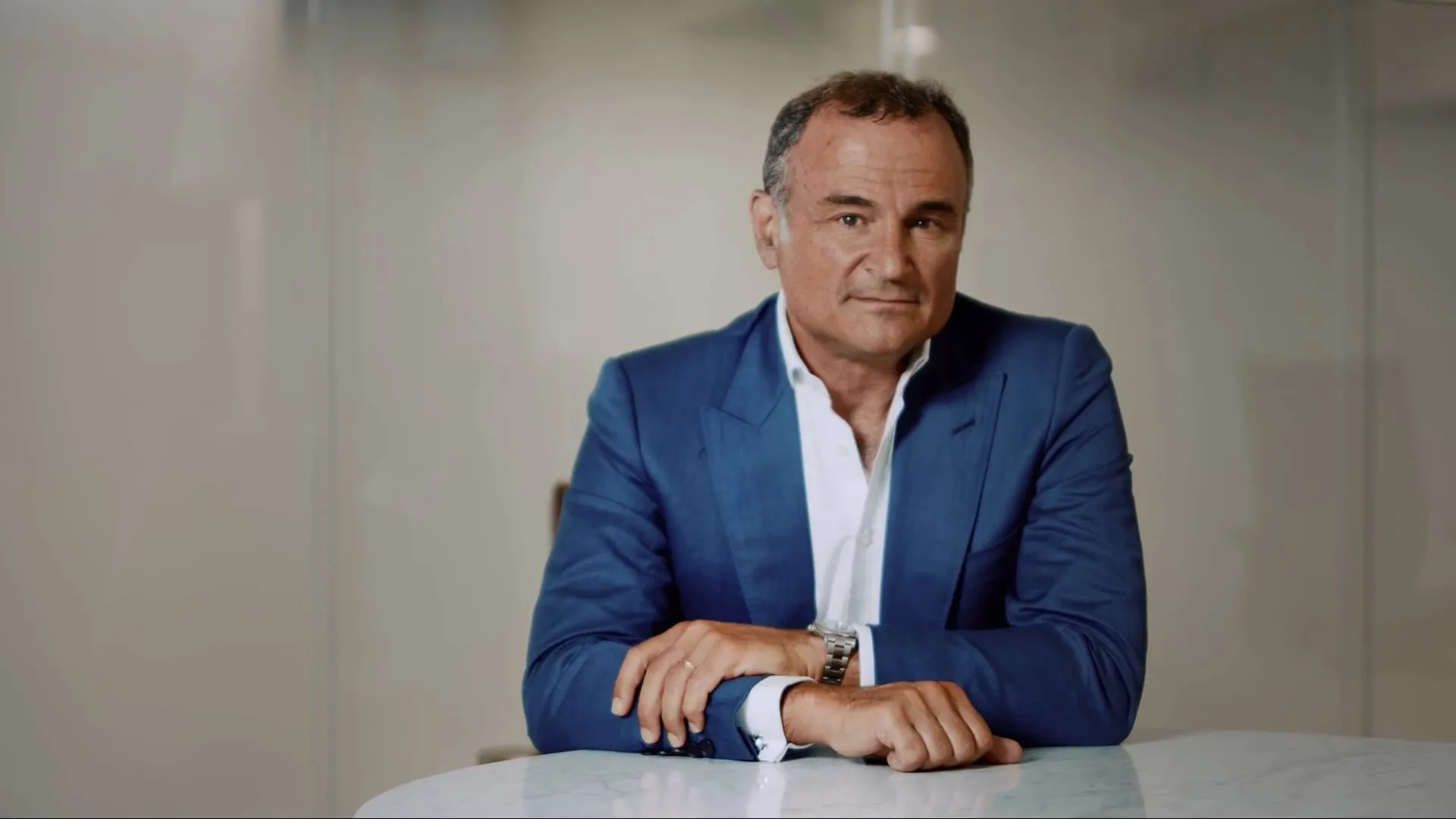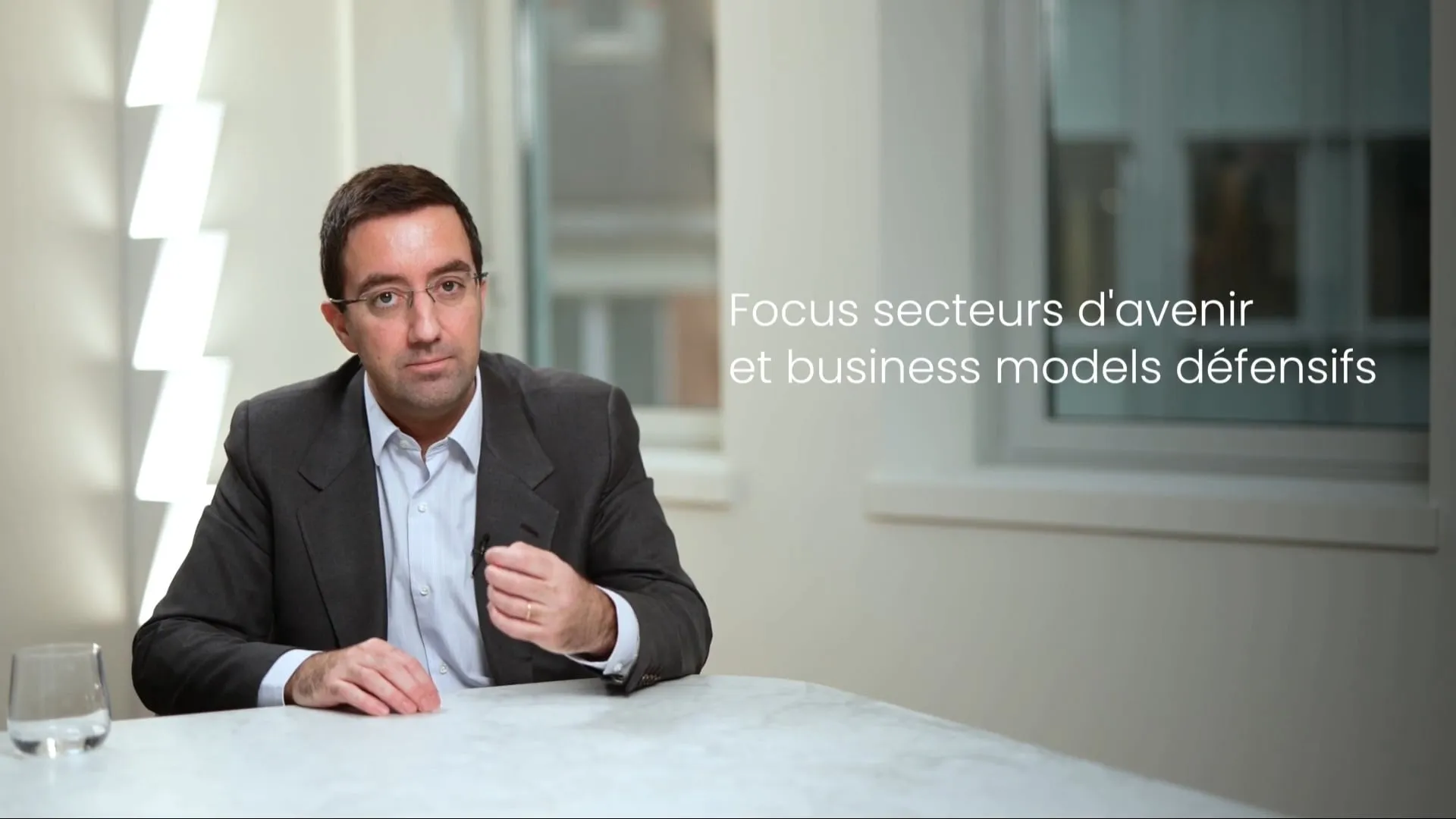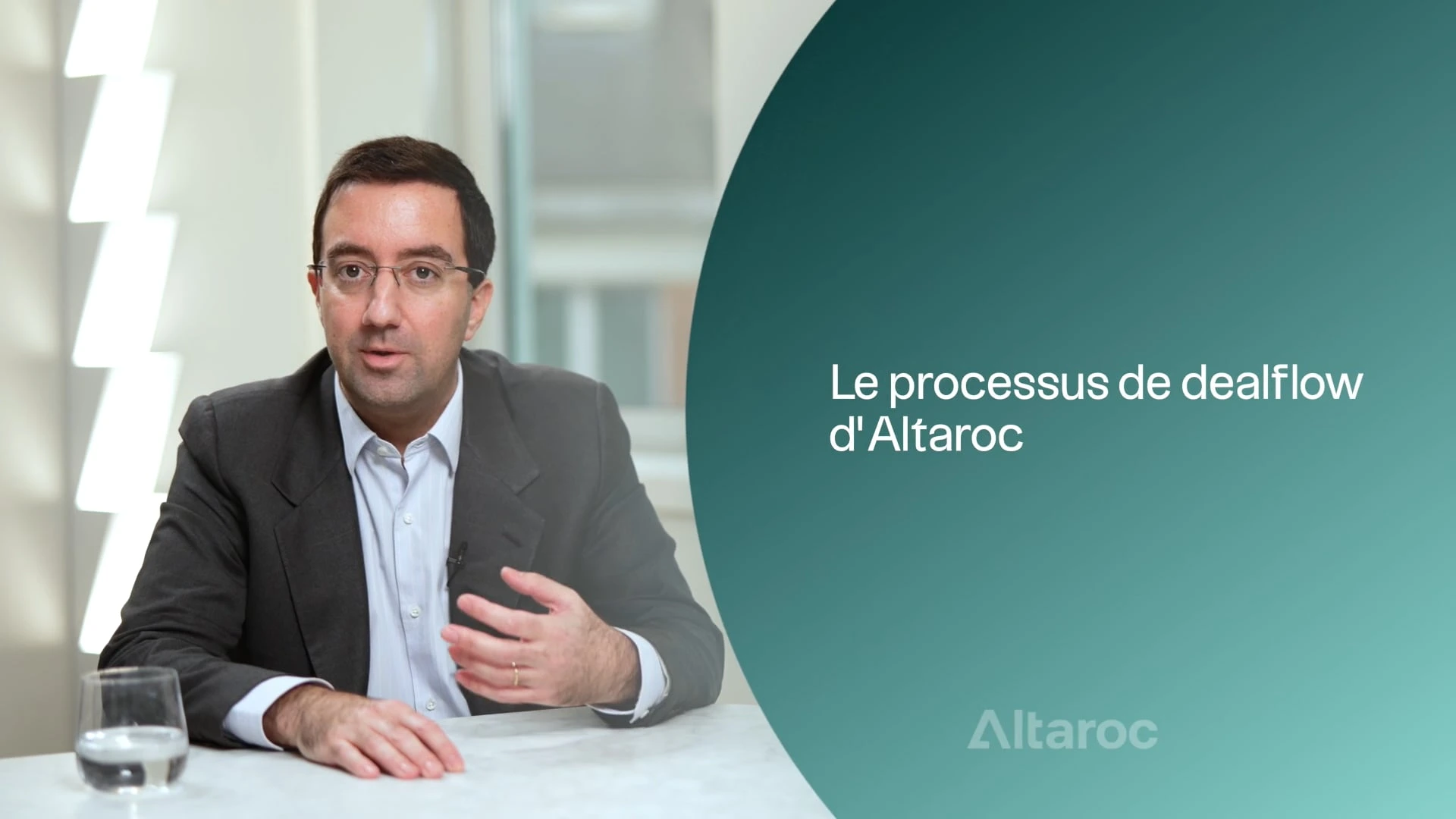Altaroc’s deal flow process
Summary
Written transcription
There are over 5,000 private equity funds in the world, so it's very important to establish clear criteria for filtering our dealflow, and to retain in a disciplined way only those opportunities in which we want to invest. First of all, we only target funds with a size of 1 billion or more. Smaller funds are managed by smaller teams, and therefore carry a higher risk, as the departure of one or two key men can be catastrophic. An exception might be a smaller fund managed by a large, well-established private equity platform, because in the event of a problem, the large platform has plenty of resources at its disposal. Secondly, it takes time to build up an institutionalized private equity firm with all the expertise you're looking for: sector expertise, operational expertise, high-quality internal processes, etc. So we look for firms with a good track record in this area. So we look for firms with at least 25 years of history. We only invest in firms that have established a culture, processes and governance, and whose team dynamics are positive. We also want to ensure that successions at the head of the firm have been well prepared and communicated over the long term. Thirdly, we need a deep and indisputable track-record to reduce our risk and be able to analyze past performance. We therefore want to invest in strategies that have at least 20 years of cash-in-cash visibility, and we need to analyze this track record in detail.
A manager may have an excellent past performance, but this is not a strength if it has been generated by partners who have left the firm, or secondly, via a strategy that the manager no longer targets, or thirdly, for example via only one or two very big successes with very high return volatility. These last two criteria of firm history and strategy are easier to meet in the most mature and deepest market, the United States, than in Europe, for example. We may therefore be able to invest in very high-quality funds in Europe that do not perfectly meet these criteria. What's more, sector specialization is generally a recent phenomenon in private equity, so we may also be able to invest in sector funds specializing in software or healthcare, for example, which don't exactly have a 20-year history. We have also defined organizational criteria. First of all, team size criteria, as we seek to invest in very solid private equity firms whose success relies on a large number of resources and not on too few key individuals whose departure could jeopardize the firm's future. So, the first criterion is a minimum of 3 billion in assets under management. Second criterion: a team of at least 50 professionals.
Third criterion: a minimum of five senior partners with a long-standing presence in the firm. Secondly, we have established organizational quality criteria in an increasingly competitive private equity industry. We want to invest with managers who stand out from the crowd thanks to two major factors: 1. sector specialization in one or more of our preferred sectors. We believe that sector expertise gives an important competitive advantage in terms of sourcing and value creation, and that generalist managers represent the private equity of the past. Secondly, in-house operational resources, in addition to the investment teams, i.e. professionals who are part of the private equity firm's workforce and are capable of creating operational value in the portfolio companies, or even providing very practical assistance to managers across a whole spectrum of expertise. In an increasingly competitive private equity environment, it is difficult to deliver significantly above-average returns. And yet, funds in the top quartile still generate significantly higher returns than the private equity average. If I look at the performance of Vintage mature funds from 2000 to 2013 for LBO and Growth Equity worldwide, according to Preqin, which is one of the benchmark private equity databases, on average you had to generate a net IRR of over 24% to be in the top quartile, i.e. for 75% of the funds in the Preqin sample, and 24% net is 800 beeps more than the average performance for this Vintage 2000 to 2013.
A fairly exceptional standard deviation, not found in the listed markets, where a good manager rarely beats the market by more than 150 beeps a year for just a few years. We are convinced, as are the best institutional investors, that a manager who cannot demonstrate strong sectoral and operational expertise will have great difficulty convincing management teams to work with him/her, and will have great difficulty creating much value and therefore alpha. Finally, we look for funds in which the manager's financial commitment is significant, to create a strong alignment of interest between our clients and our portfolio managers. We want the managers we invest with to have a significant proportion of their financial resources invested in their funds. We have to make sure that it's not just the firm's two founders, for example, who are financing almost all the manager's investment. All key partners must invest, and care must be taken to ensure that the team's investment does not represent too large a proportion of their personal wealth, as we have seen in some cases that this can make the manager too cautious, and have a negative impact on fund performance.

.jpeg)
.jpeg)
